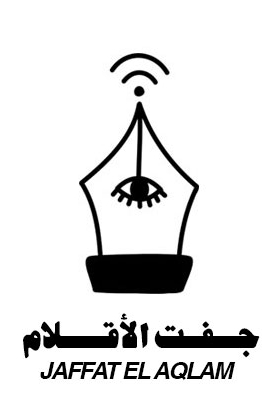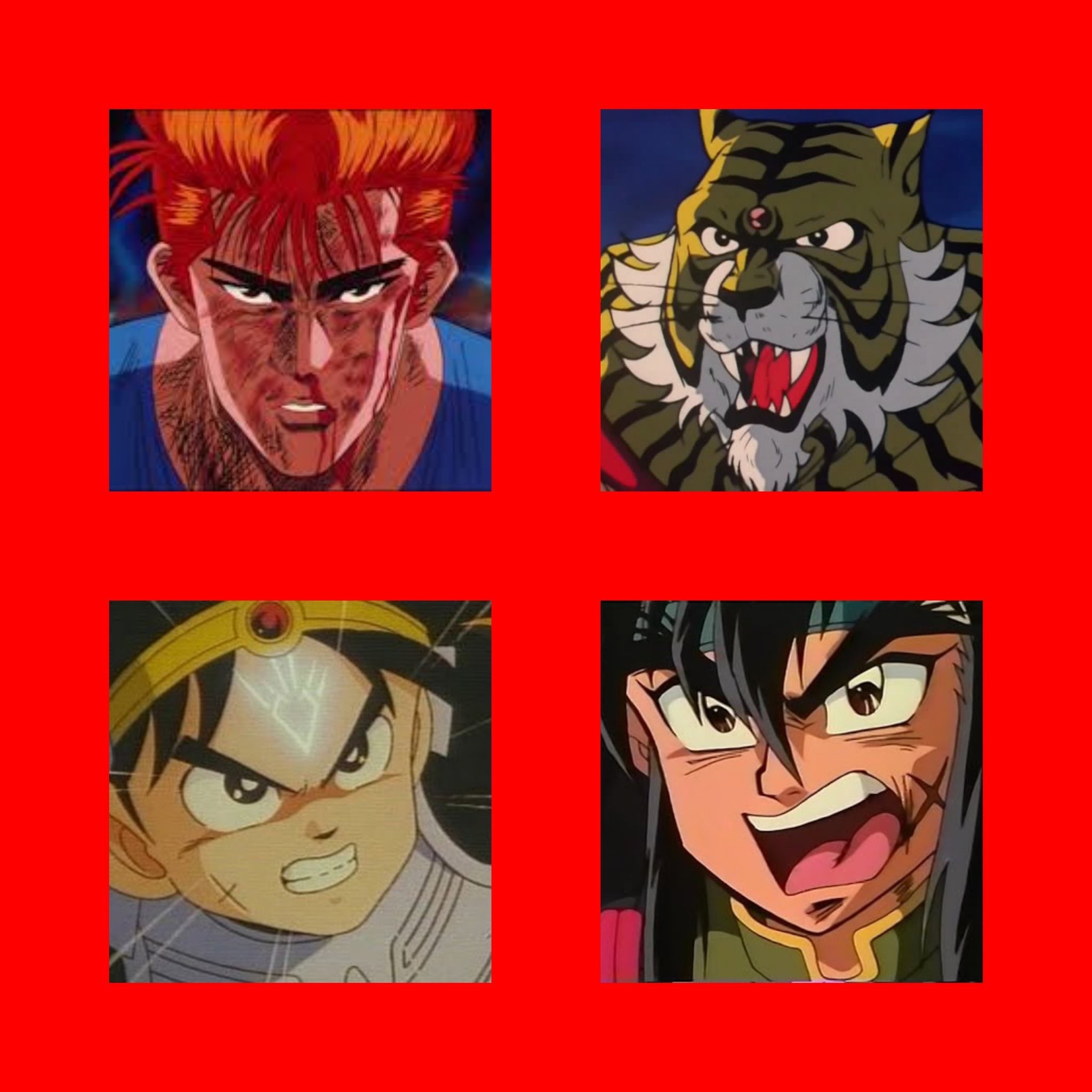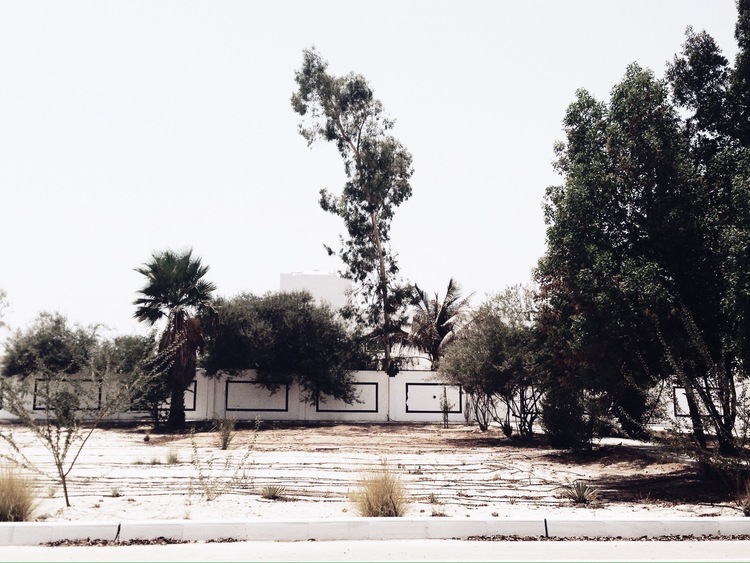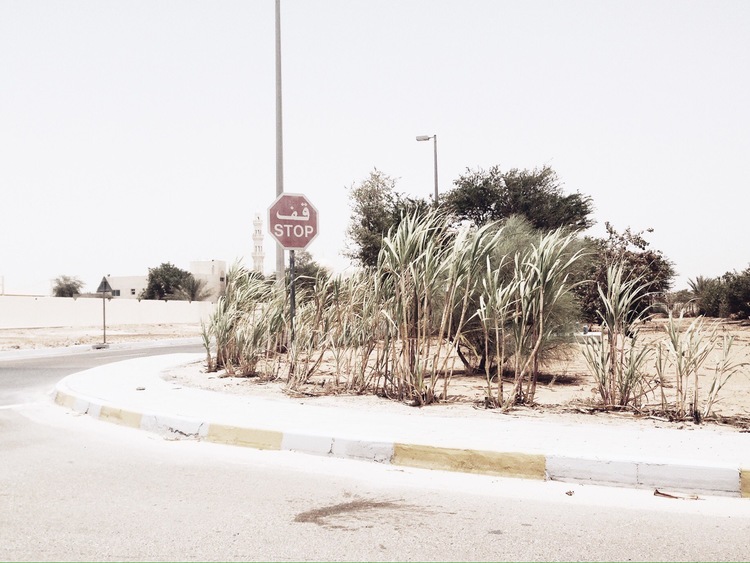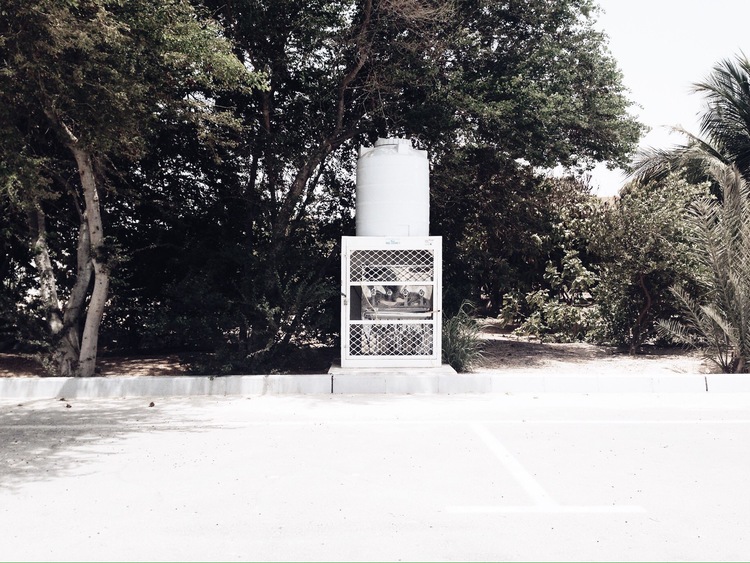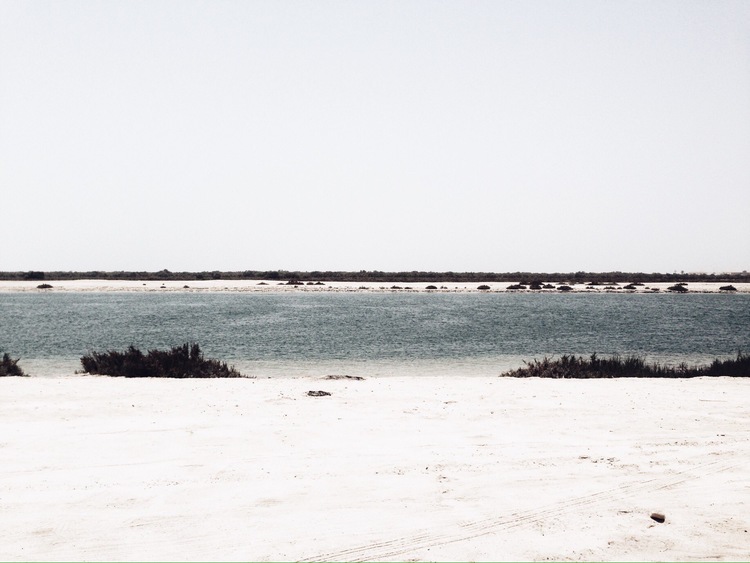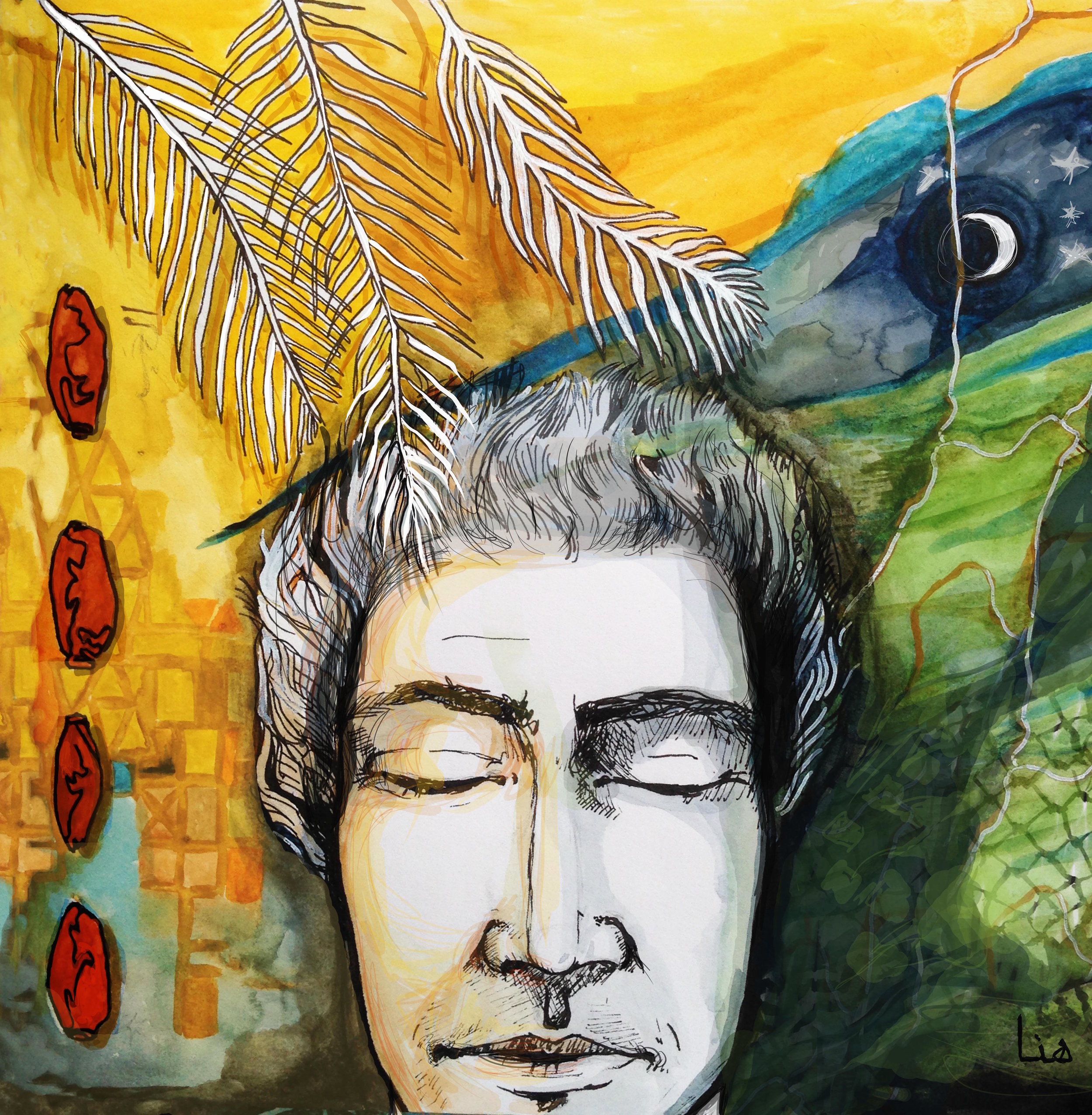Spacetoon was a huge part of my life. As a kid, I wasn’t really interested in outdoor activities, sports or anything that remotely required physical energy. Since I liked staying indoors, I developed an obsession with this magnificent black box, the television. Everything about it fascinated me, the colors, the stories, the people; the fact that those people could exist in more than one channel was so trippy to me. I used to think there was more than one set and they’d run around trying to keep up with our nonchalant channel changing.
I remember my sister and I spent a lot of time begging our parents to buy one of those fancy receivers, that had English cartoon channels such as Disney, cartoon network etc. We lived in an apartment, so it was a bit of a hassle and I don’t think my parents’ were able to afford subscriptions back then. I remember a couple of days before the channel officially launched, they had the logo on standby and we were curious about it and if it was going to be exclusive to cartoons or not. Note that, this was before computers and knowing that we can watch things online instead of waiting to watch them on TV.
The channel officially launched and I was the happiest kid on the planet. They had so many Arabic cartoons, categorized them based on planets, there was almost no commercial breaks, cartoons had specific timings and reruns (back then we used to change channels till we found cartoons). It was cartoons heaven. Back then, I used to take pride in “Arabic cartoons”, but in high school I found out that they’re all dubbed Japanese anime. Yes, it hurt, but when I tried watching them in Japanese, it didn’t feel as special. I had just learned about online streaming websites and torrents, illegal but the only resort to watching whatever we wanted at any time. Internet wasn’t as fast as it is in 2016, I’d go make tea or instant noodles and come back just to make the video load midway. Buffering was one of the most hated words back then. There were ‘western’ cartoons around in several channels, but most of them –I realize now- were focused on extreme happiness and keeping kids in a safe bubble of bright colors, cute voices, baby suns and “funny” slapstick comedy. It seems to me that they just existed to waste time or give kids something to watch after school, or as a reward for good grades and eating vegetables or simply to stay indoors in the weekend. However, in anime, the topics were overwhelmingly heavy and often bittersweet. We learned how to accept that not everything ends up on a cheerful note like most Disney cartoons and films. Every single dubbed anime contained adult messages that we may have not completely comprehended but somewhat understood. Over the years when I re-watched most of these cartoons, I started noticing how they low-key influenced me, as a person. I started noticing it in my choice of colors, art, the way I carry myself as a 25 year old Arab woman. As an adult, re-watching most of these cartoons would emotionally wreck me, but at the same time, heal me. There’s no escape from sadness, inhumanity, or even death, but I realize that being exposed to these cartoons made it less shocking and more predictable. I’m not saying it made me a pessimist, but I consider myself emotionally ready to feel everything at once.
As a student in a school that focused on English, learning Arabic was an absolute pain. No matter how much my mother worked on making it fun, we just had no interest in it. Spacetoon’s dubbed cartoons made us enjoy Arabic as a language, it made us want to somehow talk like the characters even if we sounded slightly ridiculous. "كيف حالك يا أمي" was greeted with “بخير، الحمد لله”, and that alone would make us feel like absolute badasses. Moreover, the music production of these cartoons still give me chills from how powerful the lyrics are, and how intense the singers made sure they were; softly engraving them in our memories. Anyone who used to watch Spacetoon regularly will sing almost all the intros if given the time, and the right crowd. Most of the highlights of my friendships involved listening to old Arabic cartoons’ intros and singing our lungs out. I personally feel that Spacetoon was one of those rare things that can easily unite us as kids from MENA, instead of focusing on how much we differ in dialects, culture, and traditions; we all watched dubbed anime and enjoyed every bit of it.
It has been a really long time since I sat down in front of the TV, I don’t have anything against it, but the convenience of the laptop and streaming online will always prevail. However, I have come across dubbed cartoons (not necessarily anime) in MBC 3, another popular kids channel in MENA that didn’t require special receivers, and the cartoons seemed very bland; the same bright colors, loud techno intros with messy and sometimes problematic lyrics. Nothing appealed to me. Even good English cartoons dubbed into Arabic lost a lot of their appeal because the stories make zero sense with the heavy conservative-we-don't-want-arab-kids-exposed-to-western-ideologies editing. Nonetheless, if it’s something this generation likes, sure. I do remember when my kid cousins were over, I’d play Hikayat Alamiya on youtube, and they were so confused that something with non-HD resolution; can be so enjoyable and informative. They asked so many questions, it wasn’t just another thing they were watching, it was something that was slowly making it’s way into their life’s timeline and I thought that was beautiful.
I’m forever thankful that Spacetoon was a huge part of my life, and that my parents never listened to us when we kept begging for fancy channels because it wouldn’t have been a huge part of my childhood. Spacetoon made us laugh, cry, understand emotions, the value of friendship, the importance of family and most of all, the importance of sadness. A lot of the animes that used to play back then were more on the sad side. I say sad, but as a grown up, I think most of them were slightly traumatic for our age. Needless to say, we understood sadness and how to be ok with it. We understood how cruel the world could be and the importance of kindness when Sally was treated like shit in the boarding school she couldn’t afford anymore. We understood determination when Reemy would never give up on people or finding her birth mother. When Alfredo died in Romeo’s arms, we understood how important friendships can be, and how they make us stronger and better people. We understood how the people we love might never always be there. We wanted to be like Sindbad, travel the world, conquer monsters and meet new people. We wanted to be as smart as Detective Conan, low-key analyzing our surroundings and trying to figure out this life and what it means at a very young age. For some ridiculous reason, we wished animals would talk to us, and be our friends. We didn’t care if it was highly unlikely, because everything was possible back then.
------
TEXT: SARAH AHMED
ART: MOHAMMAD OSAMA
